Receiving examination results can be a challenging time for Year 11 and 12 students. Depending on their performance, this may be both a rewarding and a confronting time for our students, with the possibility of a wide range of outcomes across their subjects. Although the result attained is an important feature of exams, equally important is a student’s ability to reflect on their performance (be it good or bad!) to truly learn from the experience. In the future, the understanding that comes from self-reflection can improve exam performance.
As teachers and parents, we can seek to support our students by assisting them to reflect on their exam performance. Self-reflection is a higher order skill that students may not feel they are equipped to undertake alone. They may struggle for motivation to embark on this task if they are disappointed, or alternatively may not feel the need to reflect if they have performed well or ‘just scraped through’. Regardless of the final mark, reflection is important as it allows future performance to be improved across the whole spectrum of results.
Outlined below are some relevant themes and reflective questions that students may like to use to assist them to reflect on their exam performance:
Preparation
- Which study activities/strategies were the most helpful? Which were least helpful?
- How realistic was their study schedule? Were they able to complete tasks in the time allocated?
- Were they able to predict the topics in the exam? How could they have been more informed in the lead up?
Performance
- How well did students understand and follow the instructions given for the exam?
- Did they have the correct equipment for the exam?
- Did they have enough time to answer all the questions?
- Was the right amount of time allocated to questions that were worth significant marks?
- Which concepts and topics were they most or least confident in answering?
- What kinds of questions did they find easier to answer? Which were more difficult?
- What kinds of emotions did students feel during the exam? Did they have any stress management techniques?
- What have they learned about themselves as a student from this experience?
- And most important of all: What will they change in the future?
– Which study activities and habits will they continue to use in future?
– Which study activities and habits will need to change? Why?
Encourage your child to think about the support they may need from family, friends, teachers, mentors, counsellors and fellow students and how this can be utilised to assist in future exams.
Ensure they write down and post in a high vision/traffic area (e.g. the fridge or their study desk) three or four strategies they will commit to putting in place to enhance preparation and performance during the next series of exams.
In the time I have had to discuss the examinations with my own class, a few typical themes came up. I have no doubt that these are probably three of the most common ‘roadblocks’ students can encounter during exams (especially when completing examinations for the first time). The suggestions below may prove valuable if these issues were raised through their reflection.
If students ran out of time
- Time management is very important in exams and cannot be overstated. In future, make a tentative plan during the reading time by assessing the exam structure and number of questions. Give more time to questions worth more points.
- Answer the easier questions first to build confidence.
- Mark the questions you can’t answer easily and come back to them later.
- Don’t spend too much time on a single question.
- Keep an eye on the clock.
If students misread or misinterpreted questions
- Slow down and read the questions carefully.
- Highlight/underline key words in the question to help you focus.
- Write down your ideas before you write your answer.
- Review the question and your answer before moving on.
If students felt very stressed and anxious during the exam
- Be prepared, it will help calm your nerves.
- During the exam, put your pen down and take some deep breaths. Concentrate on your breathing and try again.
- Don’t look around at others in your exam. Stay focused on your exam paper.
- If you know exam stress is a common theme for you, make a time to see a counsellor who can help you with some relaxation techniques to ease anxiety.
We hope these tips help you to assist your daughters and sons to feel better prepared and more confident about future examination performance, and also to remind them that they can learn from their exams regardless of their result. If you would like more information and tips to help support your child and their learning at home, please sign up to our newsletter.







